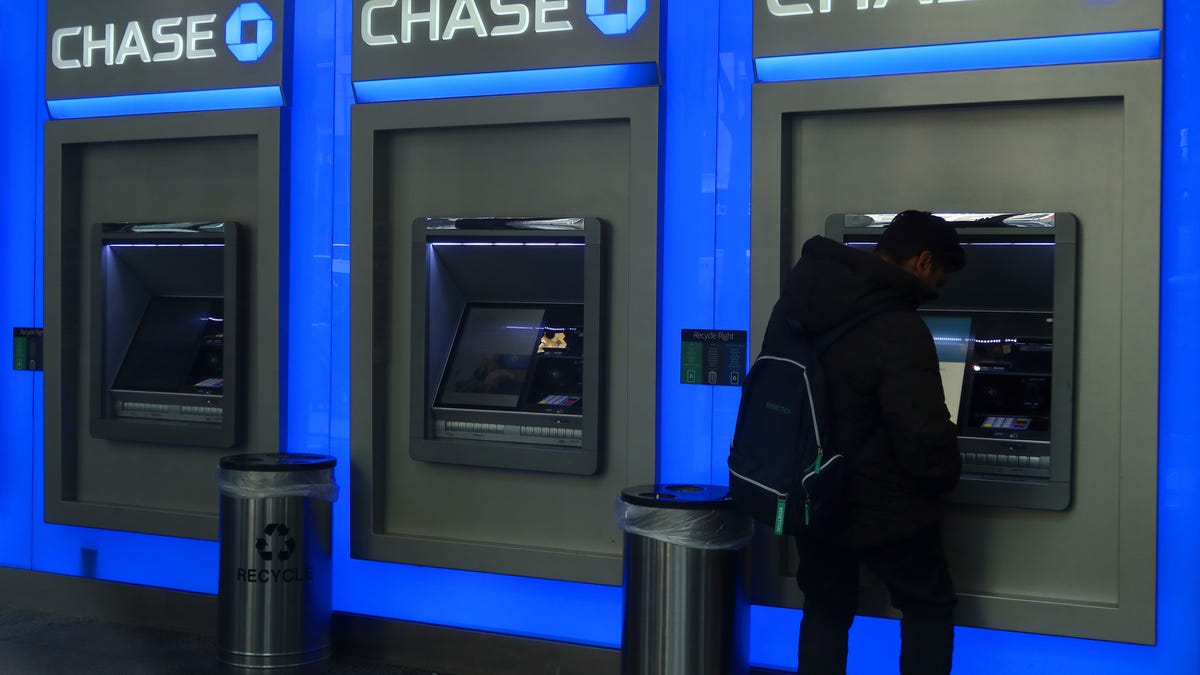
JPMorgan Chase has initiated lawsuits against individuals who exploited an 'infinite money glitch' to withdraw hundreds of thousands of dollars from their accounts. This fraudulent scheme, which gained traction on social media platforms in August 2023, involved depositing fake checks and withdrawing funds before the checks cleared. One notable case involves a Houston man who deposited a $335,000 fake check on August 29, 2023, and now owes the bank $290,939.47 after the check was declined. The bank is pursuing legal action in Texas, Florida, and California, demanding the return of funds, payment of overdraft fees, and coverage of legal costs [ddda457c].
JPMorgan emphasizes its commitment to combatting fraud and maintaining trust in the banking system. The bank's legal actions reflect a broader concern about the rise of check fraud facilitated by social media trends, which have made it easier for individuals to learn about and engage in such illicit activities [ddda457c]. The bank's efforts to recover lost funds and deter future fraud highlight the ongoing challenges financial institutions face in safeguarding their operations against increasingly sophisticated scams [ddda457c].